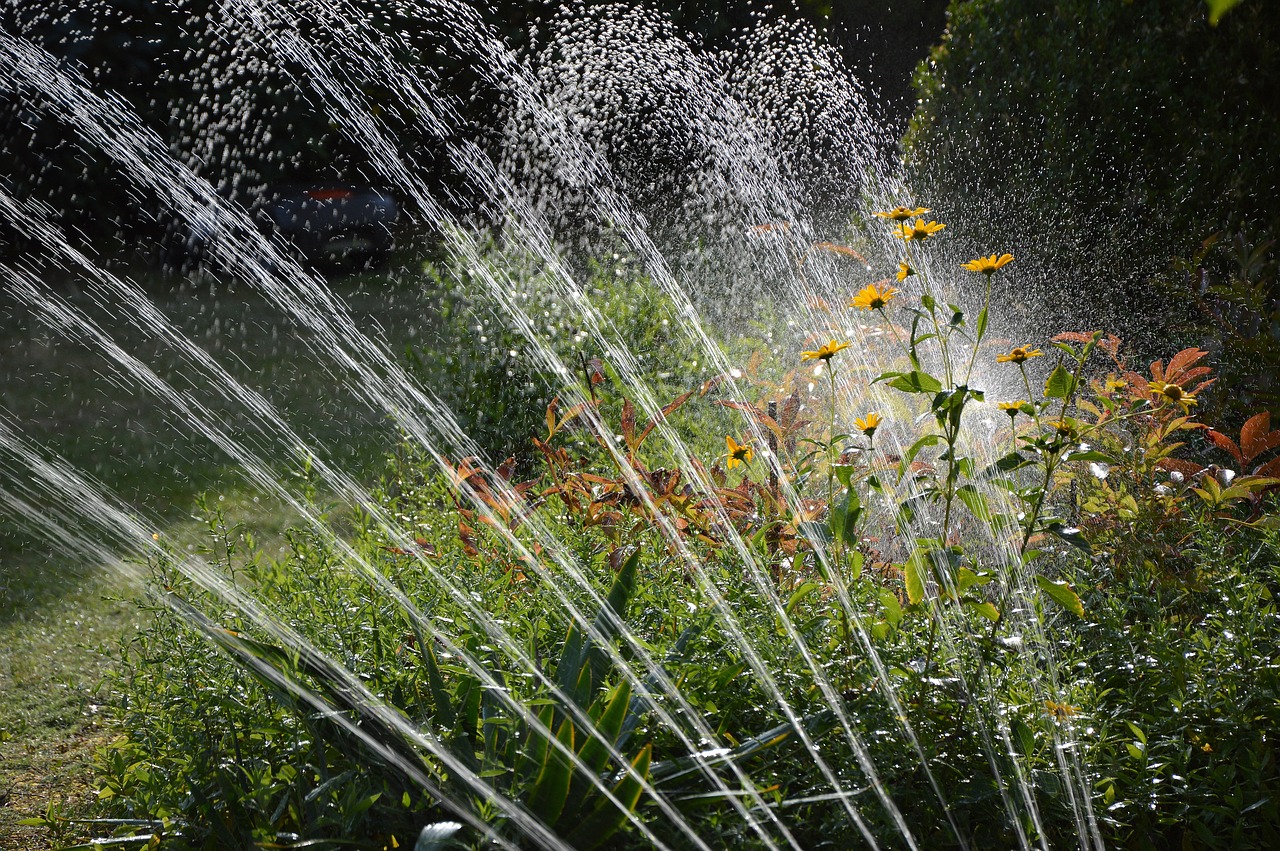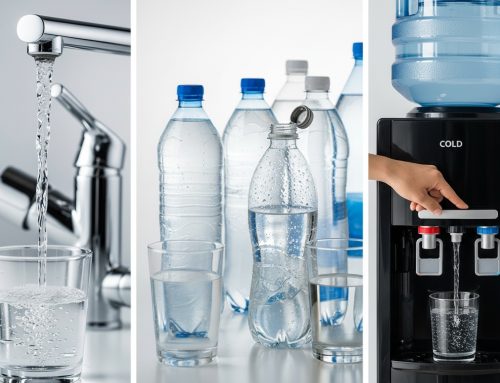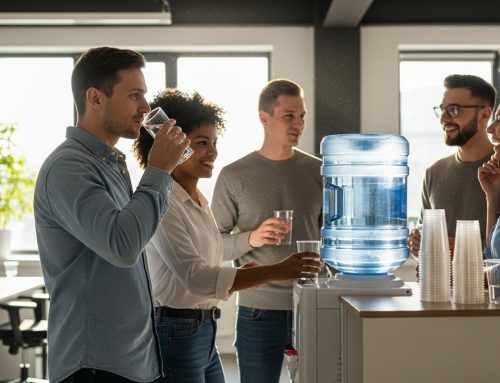Irrigation refers to the process that distributes equal amounts of water through pipes, sprinklers or ditches. This type of method to provide water to the surrounding land is always controlled and is done to support and improve mainly agricultural crop growth, reduce the effects that have been caused by inadequate rainfall and maintain landscapes or environments that lack water supply.
The importance of irrigation, especially for agricultural purposes, can thus, not be emphasized enough. Without it, crops won’t thrive in areas where rain is limited, or drought encompasses the land all year around.
Landscapes, including farms and fields, will also be severely affected and portray a more desert-like state than anything else.
Above all else, nature, in general, wouldn’t be able to thrive in areas where rainfall is poor, or the effects of global warming persist to get worse.
The Impact of Irrigation Systems on the Environment and Food Production
There are many more reasons why irrigation is required for land or crops to thrive.
Since agriculture is negatively affected because of irregular water supply/ rain, irrigation systems help secure uninterrupted agriculture. It also allows for the productivity of the usage of land to be increased.
Considering that seeds are unable to grow in soil that is dry, adequate water supply is also necessary to adequately grow seeds and support food supply. By providing proper irrigation to fields, farmers can produce more crops annually, which aids in more profitability for them, as well as the economy.
Irrigation is also responsible for the adequate oxygen and hydrogen supply for the development of roots in the ground, allowing it to absorb minerals and nutrients more effectively.
Thinking of all the above-mentioned reasons why irrigation is essential, puts the entire purpose of controlled water-supply in perspective, as farms simply cannot thrive without it.
Get water dispenser and water machines from Living-Water in London.






